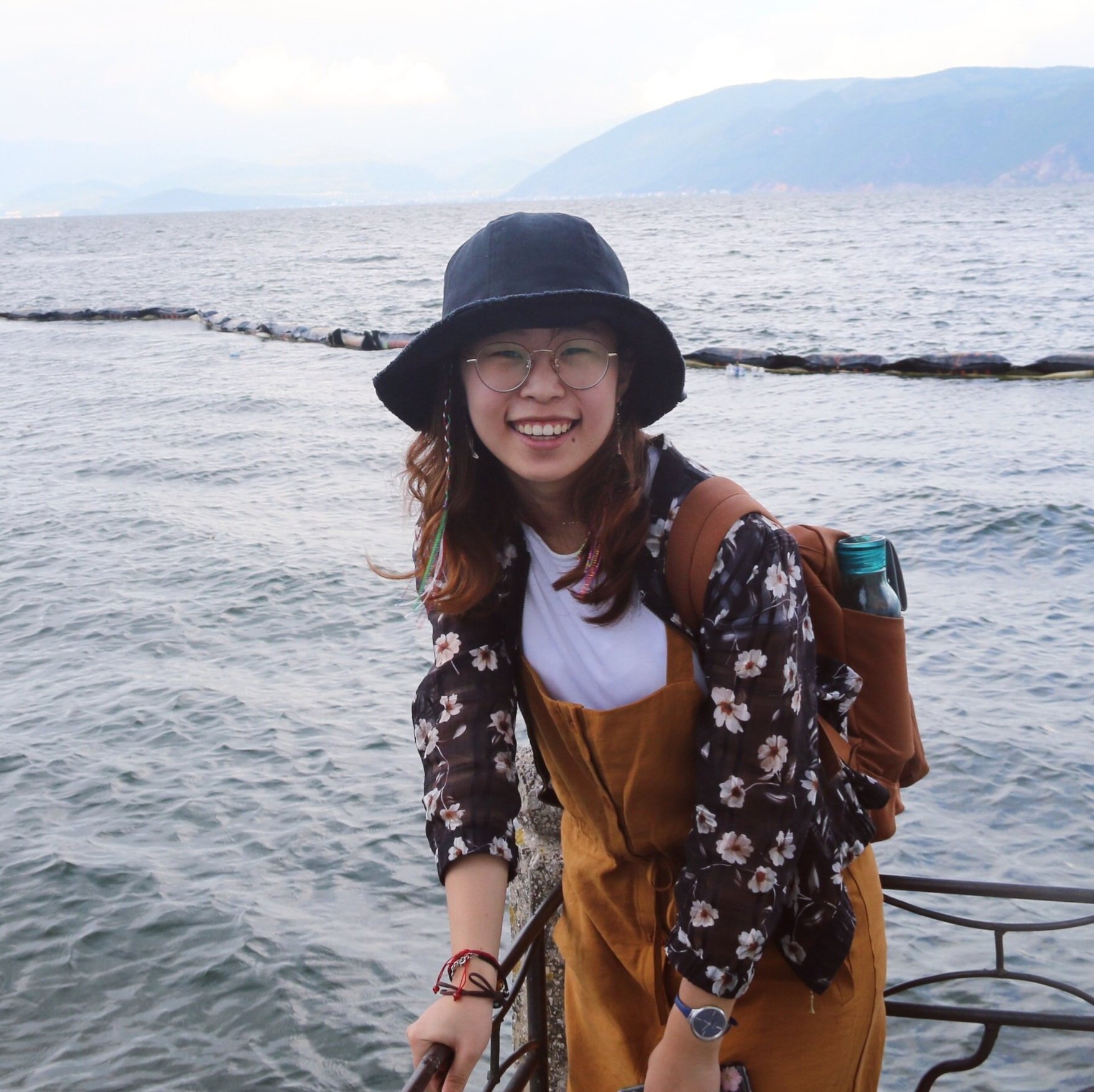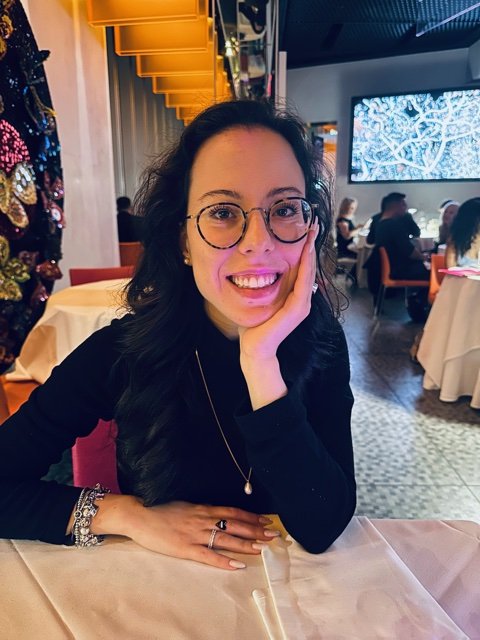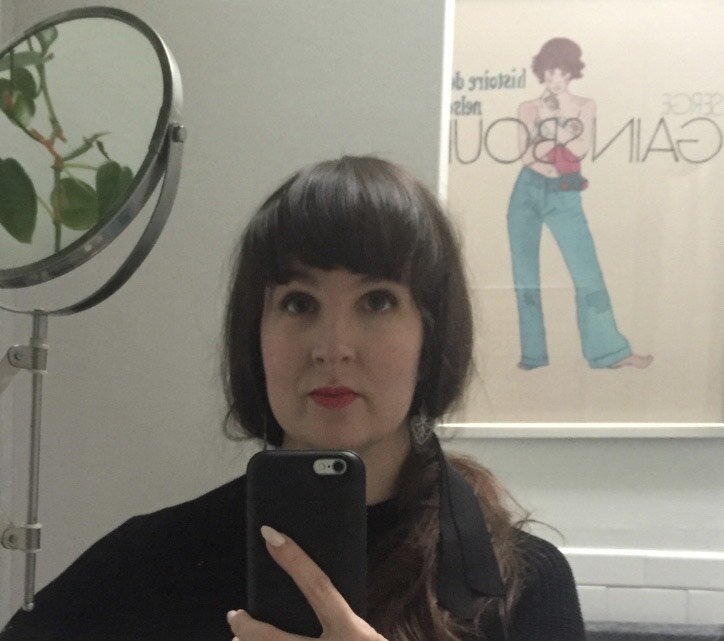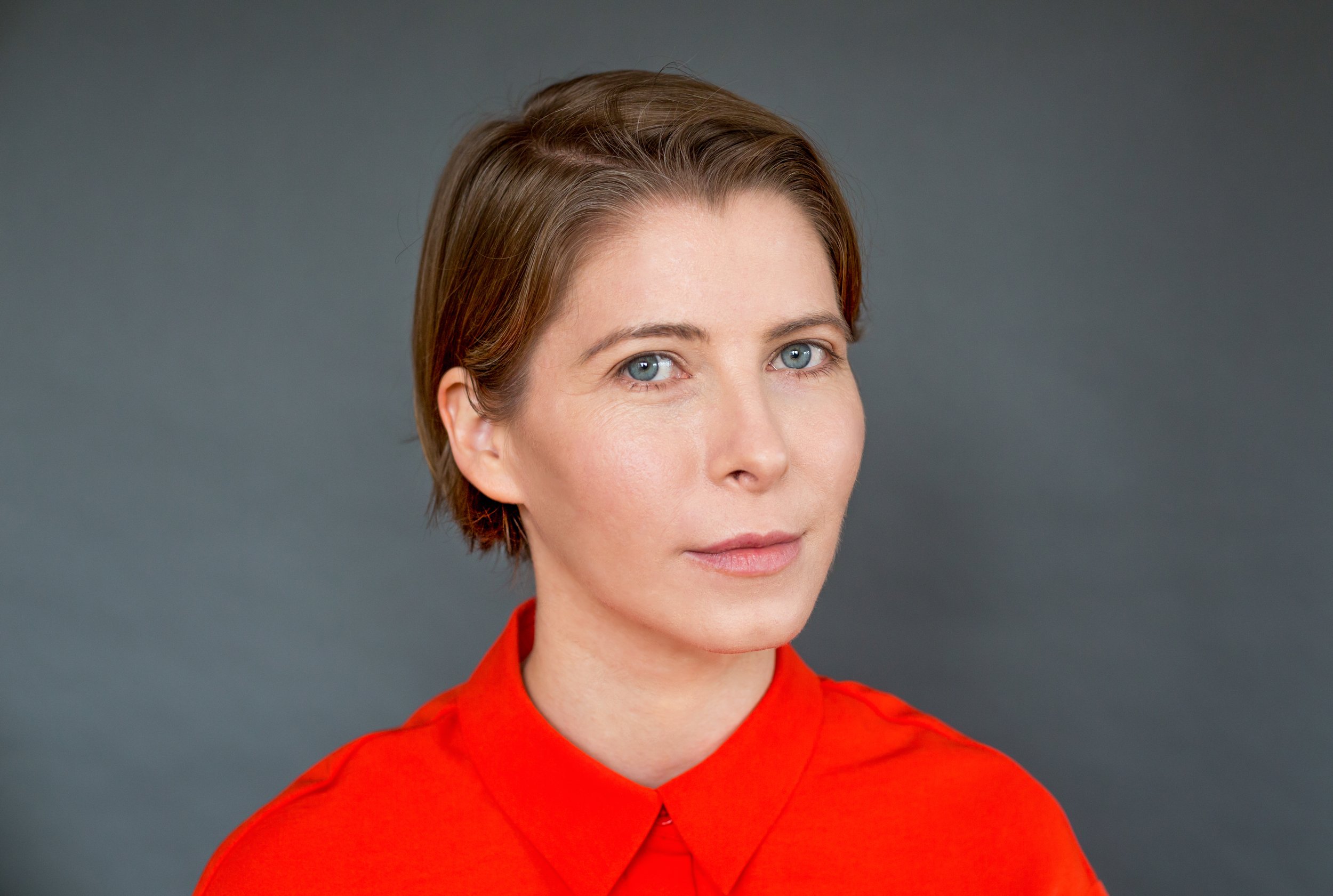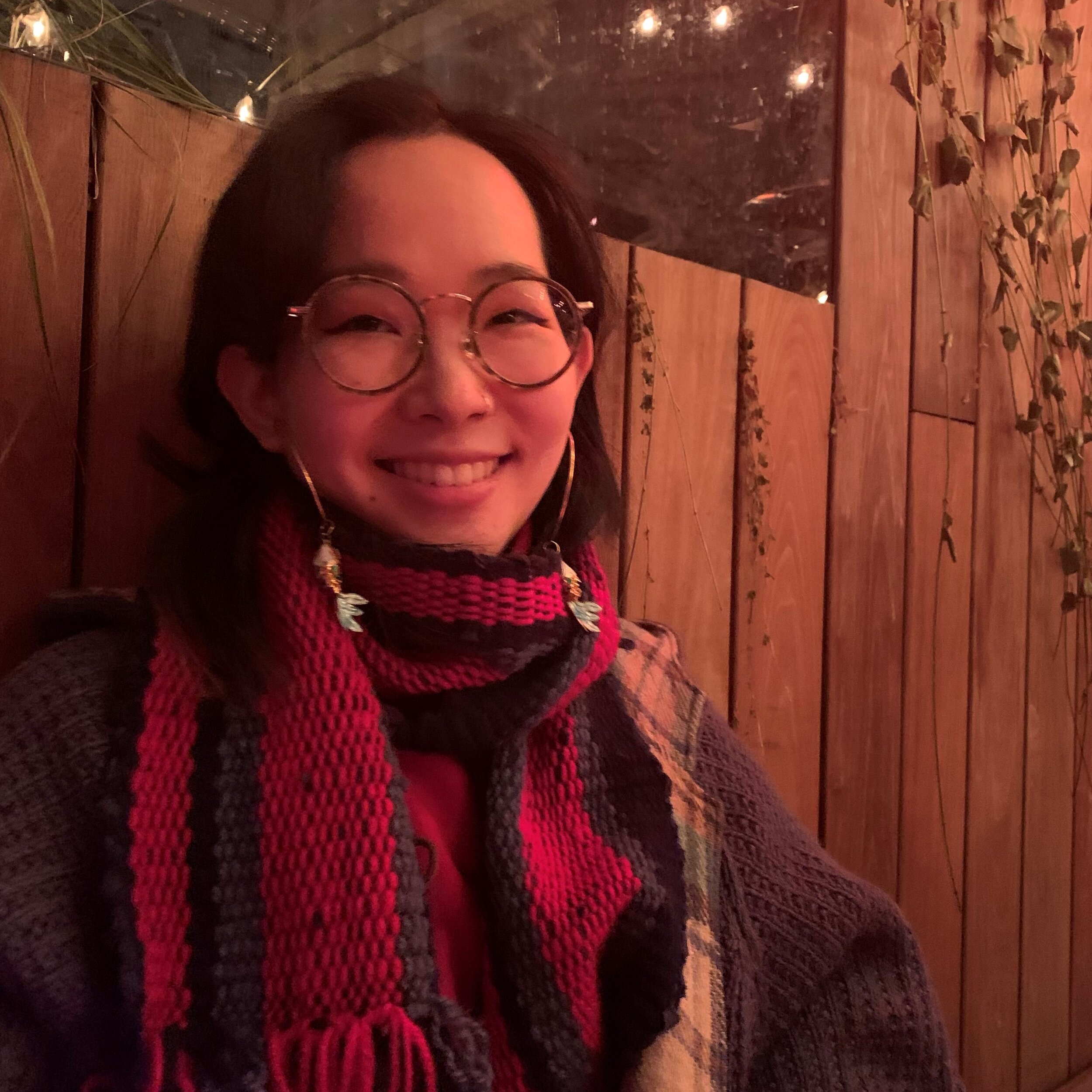Yiwen Li was born and raised in Jiangsu, China. She graduated from Peking University with double majors in History and Diplomacy in 2020. Since her sophomore year, she’s found her interest in the social history of modern and contemporary China. She believes that the most fascinating thing about history is that every little change in the lives of ordinary people combined to create such a great change in the whole society. As a research method, oral history is particularly critical when studying social history, especially the history of ordinary people.
In 2017, Yiwen took part in a group organized by Peking University and The Kuok Group to do research on Modes of Eliminating Poverty in Ulanqab, Inner Mongolia. There, she learned some oral interview techniques from the group members majored in Sociology. With their help, she interviewed the villagers from 3 villages in Ulanqab about recent local changes and wrote a research report. This was her first time to learn how to use oral materials. One year later, she went to Yunnan Province with teachers and students from the Department of History to investigate on the role of tourism in eliminating poverty in Yunnan minority inhabited areas. In this program, she proposed that they could interview the traditional craftsmen and she was in charge of the interview. In addition, in 2020-2021, as a member of the Oral History Program - "People from Peking University" , she carried on oral history interview with Chuanxi Zhang, a retired professor from the Department of History of PKU. Professor Zhang shared a lot about his family history and his early experiences of studying and participating in student movements. All these things are little known in the past but can help us glimpse a corner of modern Chinese society.
Yiwen is thrilled to join the 2021 OHMA cohort to learn more systematically on oral history method and theory and get more prepared for her future research on the social history of modern and contemporary China.

